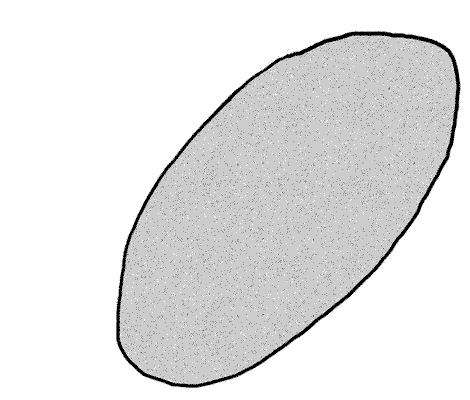Minimalism is not only an interior design concept, it is also a concept in living one’s life. Living with less is contrary to modern society. In our capitalistic, materialistic modern way of life a lot of us live to collect the latest items, whether it be the latest gadget, cars or accessories. As polymaths our lives are devoted to our passions, our passion is the pursuit of knowledge and the pursuit of discovering an integrated holistic framework upon which such knowledge rest upon and using such knowledge to make this world a better place to live in. We do not rely on things to make us happy, as polymaths we view things as tools to reach our mission, goals, dreams and passions. Polymaths should be minimalists because of the following reasons: 1. Lesser debt – Debt ties you up. If you are a polymath and you are tied up in debt, you will not have the time necessary to pursue your passions. You will be caught in the cycle of debt, and incurring more debt to pay for debt and so … [Read more...]
The chicken and egg question of the evolution of cognition: A peek into the works of Stanely Ambrose and Thomas Wynn
A pervasive question not only in Cognitive Archeology but also in all sciences using the evolutionary framework is this, when and how did the evolution of cognition take place? This has been the crux of the debate that has been raging since the early beginnings of the discipline. School of thoughts on this matter can be divided into two camps. The first school of thought is where environmental factors are the cause of behavioral and biological evolution, which ultimately leads to cognitive evolution while the second school of thought argues that autocatalytic changes were the major cause of cognitive evolution. Considering the position of the two camps, answering the when and how of the evolution of cognition would be akin to the chicken and egg question. Did environmental factors cause the evolution of cognition or did autocatalytic changes began in the mind and that response to environmental factors merely reflect that which began in the mind already. Such issues are … [Read more...]
7 reasons on why Polymaths should develop a sense of humor and laugh more often
Being a polymath is not just about balancing all of your passions and interest, it is also achieving a perfect balance in all areas of you life. If want to have perfect balance in your life and want to enhance your health, brain, social life, and mood you should try to laugh some more as studies has shown that having a good sense of humor brings about myriad of benefits in your life. While it is true that the passions we pursue as polymaths are very serious indeed, there are times that we need to let go of being serious and laugh from time to time as this has incredible benefits to our body and maintaining overall balance in life. So here are some advantages to humor and laughter. 1. Strengthens your immune system - I don’t need to cite the particular study, just google it and you can see that indeed a lot of Studies have shown that laughing strengthens the immune system. Laughter is great for your heart and brain as it lowers your blood pressure. 2. Sexy – Who doesn’t like a … [Read more...]
The Schlanger alternative: Understanding Cognition through a deeper understanding of the technological processes in the Levallois technique.
What mental processes run in the minds of pre-historic stone knappers when they made stone tools? Do they have already have a mental image in mind when the made their stone tools? Is their design deliberate or is the output merely a response to external circumstances and constraints? How do we hypothesize what goes inside the minds of pre-historic knappers through the stone tools that they made? (Picture courtesy of wikipedia) French cognitive Archeologist Nathan Schlanger has categorized the approaches to the interpretation of stone tools more specifically those made using the Levallois technique as belonging to the “Standard” and “reactionary” claim camps. He defines “Standard claims” as an approach that assumes that the Levallois stone knapper had a clear mental image of the product and the procedure to be realized. In other words this approach assumes a mental “pre-determination” on the design of the stone tool on the part of the stone knapper. The “Standard claims” … [Read more...]
7 tips on how polymaths can simplify their life and get more things done
Are you somebody who have just so much passion in life that you wish that you have more than 24 hours a day? Life nowadays is much more faster and complicated. The world seems to be getting a lot smaller and more interconnected because of the explosion of technology and travel. So much opportunities abound and if you are a polymath like me who wants to learn a lot of things, explore a lot of places and wear a lot of hats at all times, I wish there are more hours each day! But we are all limited to only 24 hours a day and the internet abounds with tips, tricks on how to get so much things done. There’s so much information available such that getting through all of the tips, tricks and life hacks seems to require us to use a special “hack” just to read it all! The following are some tips on life hacks for polymaths on how to get more things done each day. These are just general tips and more may be added soon in future blog post. 1.) Manage your time well and make a short … [Read more...]
- « Previous Page
- 1
- …
- 11
- 12
- 13
- 14
- 15
- …
- 107
- Next Page »





